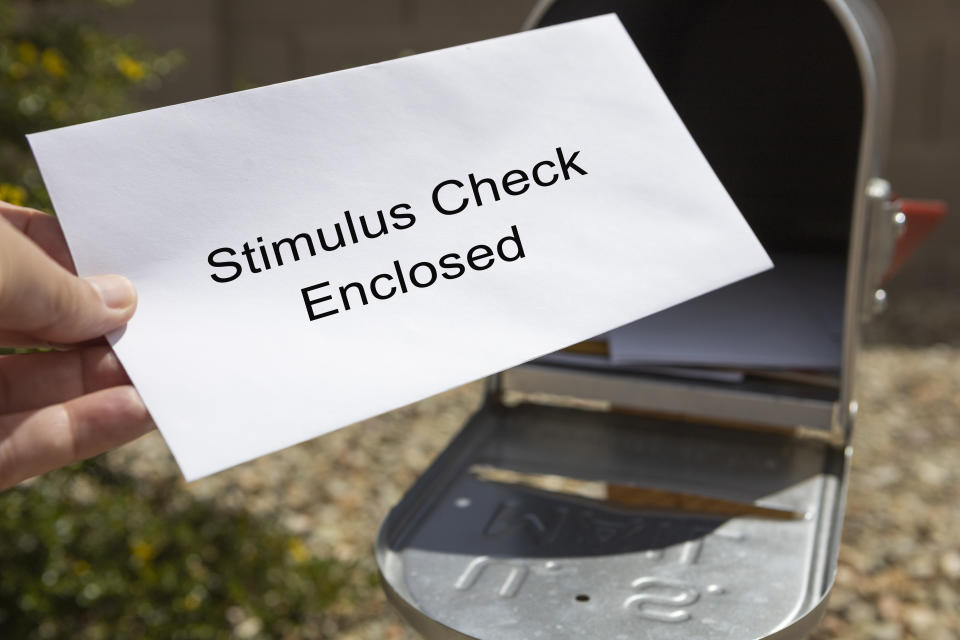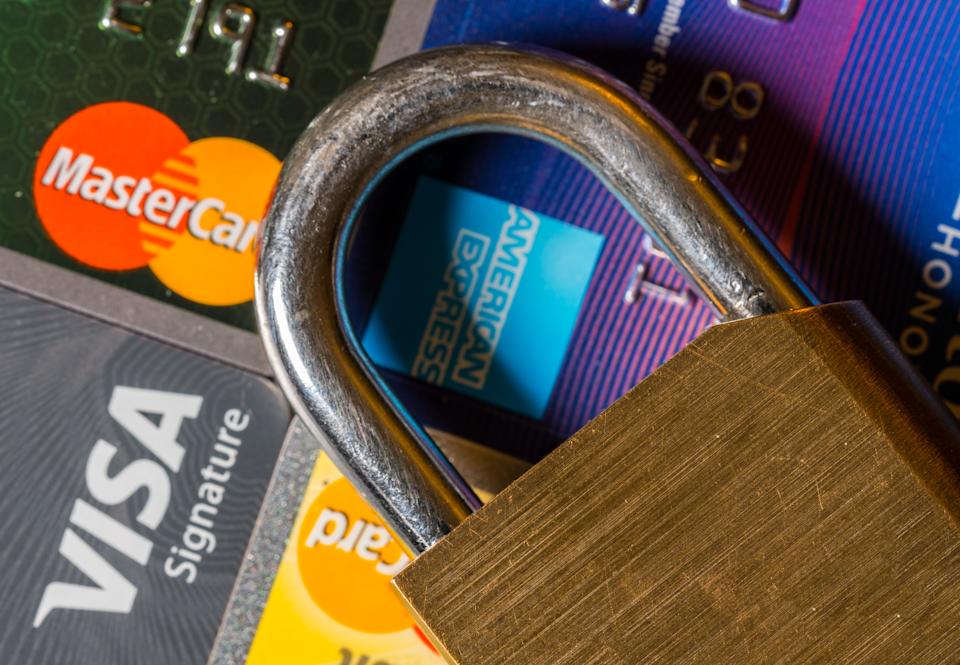Coronavirus: 5 money chores you can do during isolation
As Americans remain isolated, some are taking this time to tackle new projects, learn new skills, or even spring cleaning. You could also complete financial chores, some of which could save you money.
“One constructive step to take now is to review all expenses to cut costs that don't really contribute to your lifestyle,” said Larry Luxenberg, managing partner at Lexington Avenue Capital Management.
“The need to survive hard times and the prism of reduced activity shines a light on many costs that are eliminated for now and perhaps should be reduced or eliminated going forward,” he added.
Here’s a list of recommendations from financial experts.
Cancel unused memberships.
If you have a recurring monthly payment for a membership service you aren’t using, it may be time to cancel it.
“Now is a great time to review your automatic payments and subscriptions,” said Jennifer Weber, vice president at Weber Asset Management. “You might have forgotten things you previously signed up for, and these expenses are silently draining your bank account.”

For instance, more than three in five Americans don’t utilize their gym memberships, according to Statistic Brain. While facilities ranging from Planet Fitness to LA Fitness are freezing billing until they reopen, it’s still helpful to double-check and see if your gym is doing the same.
Organize important documents.
Make sure your medical and legal documents are in order, even if you don’t have the coronavirus.
“No one likes thinking about emergency planning or facing their own mortality,” said Kathleen Kenealy, managing director at financial firm Boston Private. “But making sure your affairs are organized is one of the best things you can do for the loved ones you leave behind.”
The documents you should review or create for the first time include the following. Depending on your state, you may need to sign and notarize these to make them official.
Financial power of attorney: This document appoints someone you trust to take care of managing your finances when you are unable to do so. You can appoint multiple power of attorneys.
Medical power of attorney: It would be helpful to appoint a medical agent on the other hand to keep track of medications you are taking or your doctor’s contact information, Kenealy said.
Will: A will is a legal document that states what happens to your assets following death. It can also select guardians for your children.
Living will: A living will addresses your personal medical preferences when you become terminally ill.
Build more emergency savings.
If your job hasn’t been affected yet during the coronavirus crisis, you may want to pad your emergency savings, so you can cover unexpected expenses if your fortunes turn. Four in 10 Americans would need to borrow money to cover a $1,000 emergency, according to personal finance site Bankrate.com.

“It would be good to have six to nine months of liquid cash reserves available,” said Jay Spector, a certified financial planner at Barton Spector Wealth Strategies. “This is incredibly important in times like this when families might have to rely on that emergency fund to meet financial obligations.”
One way to do that is to stash away a stimulus check if you’re eligible for one from the government. Any savings you get from canceling subscriptions and memberships can be diverted into a savings account.
Revisit your insurance.
“Get life insurance!” said Malcolm Ethridge, executive vice president at CIC Wealth. “Many of the largest carriers have started offering policies with lax underwriting since they cannot send any nurses out to draw blood and do biometric screenings. They just have to take your word for it.”
Other policies you should look into are disability, homeowners or renters, umbrella liability, and long-term care insurance. For homeowners and renters in general, experts say make sure you take photos of your property in case of a future liability.
“Take a home selfie of the content of your home and store it for insurance purposes,” said Leon LaBrecque, certified financial planner and attorney at Sequoia Financial Group.
During this time many car insurance companies such as Traveler’s Insurance and Geico are offering 15% credit on their policies.
Request a copy of key reports.
A last area experts recommend is downloading a free copy of your credit report and looking for any errors or suspicious accounts. You can get your free reports at annualcreditreport.com.

“Make sure to review for any unusual activity or new credit lines you don’t recognize,” Kenealy said.
You may want to consider freezing your credit reports altogether during this time. A freeze prevents new lenders from pulling your credit report to approve new credit. That essentially keeps fraudsters from being able to open a new credit card or loan in your name.
A credit freeze also doesn’t affect your credit score. Make sure to freeze your reports at the three major credit bureaus: Equifax, Experian, and TransUnion, said Christopher Woods, a financial planner at LifePoint Financial Group.
“Instead of waiting to hear about the next data breach then trying to react to it,” he said, “be proactive with the freezing of your credit now.”
Dhara is a writer for Cashay and Yahoo Money. Follow her on Twitter @dsinghx.
Read more information and tips in our spending section
Read more personal finance information, news, and tips on Cashay




